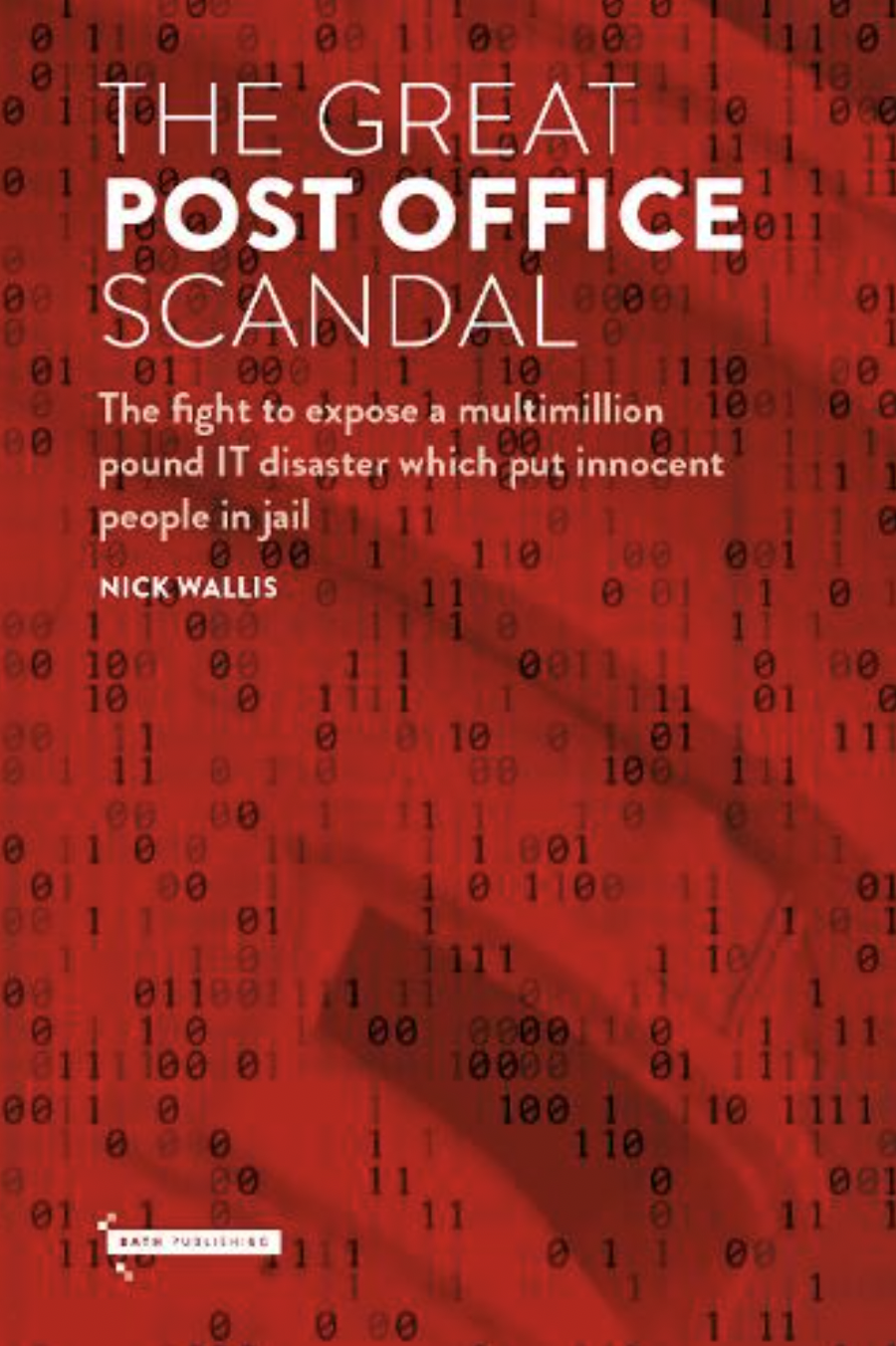
Fujitsu and the Post Office thrives despite scandal of Horizon


When Britain’s post office embraced the digital future, introducing a computer system called Horizon that could be used by staff at its branches, by thousands of sub-postmasters the independent contractors who provided essential services.
Horizon designed by Japan’s Fujitsu appeared to have uncovered an epidemic of fraud among sub-postmasters – as 236 of them had been convicted of offences relating to a shortfall in their accounts, compared with just 68 such conviction in four years leading up to the introduction of the IT systems. By 2014, 736 people have been prosecuted.
In The Great Post Office Scandal, Nick Wallis, an award-winning freelance journalist and broadcaster, provides an in-depth account of a scandalous miscarriage of the injustice after years of obfuscation about an information that might have helped the cases of those defending themselves against charges of theft and false accounting. It was only a whole series of courtroom defeats culminating in the quashing on 23rd April 2021, year by the Court of Appeal of 39 former Sub-Postmaster’s convictions which the judge determined to be “an affront to the public conscience” that forced the state-owned organisation to admit that flaws in the Horizon were responsible for many of the shortfalls in branch accounts. It is a scandal that has been described as one of the most widespread and significant miscarriages of justice in UK legal history. The 39 were just a few of the 738 people who between 2000 and 2015, had been prosecuted by the Post Office for theft, false accounting and fraud. The prosecutions were largely based on evidence drawn from Horizon, the Post Office’s deeply flawed software system that threw up duplicate entries, lost transactions, and made erroneous calculations. If these errors resulted in apparent losses, Subpostmasters were forced to settle the discrepancies from their own pockets, sometimes for tens or hundreds of thousands of pounds. Those who could not pay were sacked and taken into court. Proud pillars of their communities were stripped of their jobs and livelihoods. Many were forced into bankruptcy and or borrowed from friends and family to give the Post Office thousands they did not owe. The really unlucky were sent to prison. This is the heart-breaking story of how these innocent people fought back to clear their names against a background of institutional arrogance and obfuscation, a fight dragged out by the Post Office’s refusal to accept responsibility for its failings.
In 2011, Nick Wallis took the story to Private Eye and his first broadcast for the BBC, and has subsequently made two Panoramas, a Radio 4 series and raised thousands of pounds to crowdfund his own court reporting for the Post Office Trial website. He exposes the secrecy and mistrust at the heart of the story, and the impact that had on the victims, and chronicles how Alan Bates, started as a lone public voice of dissent but went on to beat the Post Office – against overwhelming odds- at two of the highest courts in the land and win some redress for the victims. “ An extraordinary journalistic expose of a huge miscarriage of justice” according to Ian Hislop, Editor, Private Eye. Nick Wallis lays bare the lies and deceit that has ruined so many lives.
The Post Office’s ruthless pursuit of innocent people has devastated so many lives.
In 2010 as a presenter of BBC Radio Surrey, he was contacted by Davinder Misra, whose pregnant wife Seema was in prison. Following shortfalls highlighted by Horizon of more than £74, 000 as her West Byfleet post office, she had been jailed for 15 months for theft. Loke several other victims, she had been told by her interrogators from the post office that there was nothing wrong with Horizon. For years the story presented to many of those accused of theft was that they were alone in their complaints about the IT system. Computer Weekly reported seven sub-postmasters’ complaints about Horizon in 2009.
The Great Post Office Scandal documents at the extensive length the many campaigns and legal cases that eventually forced the Post Office into retreat after years in which its executives appeared determined to outspend and obstruct the sub-postmasters into submission.
Both the Post office and Fujitsu allowed as little light as possible to be shone into0 Horizon’s workings and persisted for many years in spreading falsehoods about it, notably that Fujitsu employees had no power to tinker with branch transactions.
Their deal in the late 1990s was one of many where giant unwiedy public-sector organisations handed huge contracts for new IT systems to giant unwieldy private suppliers and found themselves hapless spectators as disaster unfolded.
Now post office and its owner the government could face compensation claims in excess of £1bn from victims of Horizon, you might expect it to be suing Fujitsu for landing it in this fine mess.
Some of the solicitors of sub-postmasters told Computer Weekly that the Post Office knew its own management was largely to blame for what occurred. Meanwhile, Fujitsu continues to be scot free to win new government contracts including a £40m extension of it deal with the post office, even as the Horizon system is phased out.
There is always a danger of assuming that computers must be trusted more than humans. If the computer says creating accounting 2+2=5, and the sub-postmaster insists the answer is 4, believe the computer. I have not realised this was an assumption made by the courts since a 1997 Law Commission recommendation saying that “in the absence of evidence to the contrary, the courts will presume that mechanical instruments were in order at the material time”.
In Reith Lectures on living with artificial intelligence, Stuart Russell, professor of Computer science at University of California, Berkley, warns that this kind of thinking could eventually see the machines take over, making the human race obsolete.
Wallis documents, hundreds of sub-postmasters have had their livelihood and liberty taken away and been sent into s spiral depression that had in one instance ended in suicide, all because of a misplace faith in the wisdom computers and those who presided over an organisation which appeared blind to the suffering it was inflicting on people essential to its mission.
The Great Post Office Scandal by Nick Wallis, Bath Publishing £25, 544 pages.
